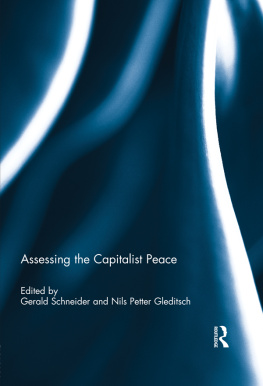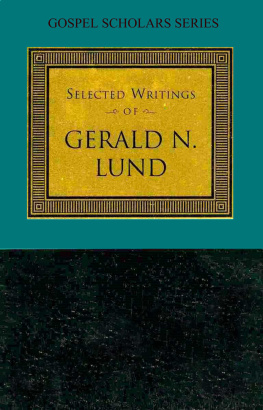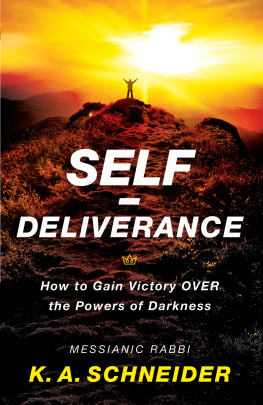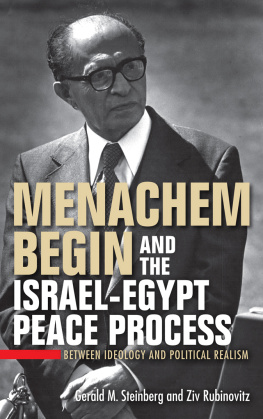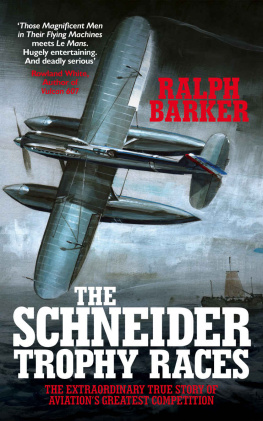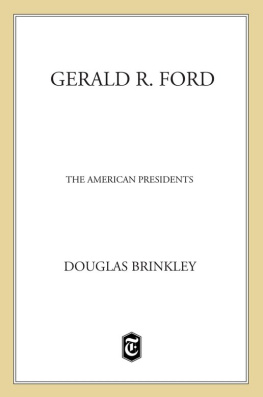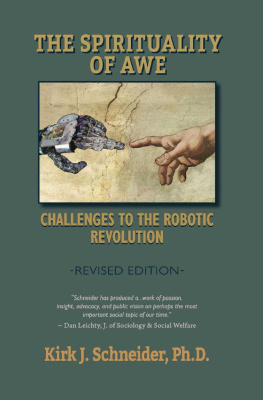Assessing the Capitalist Peace
Researchers have recently reinvigorated the idea that key features associated with a capitalist organization of the economy render nation states internally and externally more peaceful. According to this adage, the contract intensity of capitalist societies and the openness of the economy are among the main attributes that drive these empirical relationships. Studies on the Capitalist Peace supplement the broadly received examinations on the role that economic integration in the form of trade and foreign direct investment play in the pacification of states. Some proponents of the peace-through-capitalism thesis controversially contend that this relationship supersedes prominent explanations like Democratic Peace according to which democratic pairs of states face a reduced risk of conflict.
This volume takes stock of this debate. Authors also evaluate the theoretical underpinnings of the relationship and offer an up-to-date idea history and classification of current research. Leading scholars comment on these theoretical propositions and empirical findings.
This book is an extended and revised version of a special issue of International Interactions.
Gerald Schneider is Professor of Political Science at the University of Konstanz, Germany, President of the European Political Science Association, and Editor of European Union Politics. He has published on European Union decision making, the causes and consequences of political violence and various other topics. He is a former Vice President of the International Studies Associates and has advised governments, IGOs and research institutions across the world.
Nils Petter Gleditsch is Research Professor at the Centre for the Study of Civil War at the Peace Research Institute Oslo (PRIO), Professor of Political Science at the Norwegian University of Science and Technology in Trondheim, and Associate Editor of Journal of Peace Research. He served as President of the International Studies Association in 200809. He has published numerous articles and books on armed conflict, environmental security, the peace dividend, and related issues.
Assessing the Capitalist Peace
Edited by
Gerald Schneider and
Nils Petter Gleditsch
First published 2013
by Routledge
2 Park Square, Milton Park, Abingdon, Oxon, OX14 4RN
Simultaneously published in the USA and Canada
by Routledge
711 Third Avenue, New York, NY 10017
Routledge is an imprint of the Taylor & Francis Group, an informa business
2013 Taylor & Francis
This book is based on a special issue of International Interactions, vol. 36, issue 2. The Publisher requests to those authors who may be citing this book to state, also, the bibliographical details of the special issue on which the book was based.
All rights reserved. No part of this book may be reprinted or reproduced or utilised in any form or by any electronic, mechanical, or other means, now known or hereafter invented, including photocopying and recording, or in any information storage or retrieval system, without permission in writing from the publishers.
Trademark notice: Product or corporate names may be trademarks or registered trademarks, and are used only for identification and explanation without intent to infringe.
British Library Cataloguing in Publication Data
A catalogue record for this book is available from the British Library
ISBN13: 978-0-415-52989-1
Typeset in Times New Roman
by Taylor & Francis Books
Publisher's Note
The publisher would like to make readers aware that the chapters in this book may be referred to as articles as they are identical to the articles published in the special issue. The publisher accepts responsibility for any inconsistencies that may have arisen in the course of preparing this volume for print.
Contents
Gerald Schneider and Nils Petter Gleditsch
Erik Gartzke and J. Joseph Hewitt
Patrick J. McDonald
John Mueller
Michael Mousseau, Omer F. Orsun, Jameson Lee Ungerer and Demet Yalcin Mousseau
Allan Dafoe and Bruce Russett
Michael Mousseau, Omer F. Orsun and Jameson Lee Ungerer
Michael Mousseau
Richard Rosecrance
Bruce Russett
Erich Weede
The following chapters were originally published in International Interactions, volume 36, issue 2 (2010). When citing this material, please use the original page numbering for each article, as follows:
Chapter 2
International Crises and the Capitalist Peace
Erik Gartzke and J. Joseph Hewitt
International Interactions, volume 36, issue 2 (2010) pp. 115145
Chapter 3
Capitalism, Commitment, and Peace
Patrick J. McDonald
International Interactions, volume 36, issue 2 (2010) pp. 146168
Chapter 4
Capitalism, Peace, and the Historical Movement of Ideas
John Mueller
International Interactions, volume 36, issue 2 (2010) pp. 169184
Chapter 6
Commentary section
International Interactions, volume 36, issue 2 (2010) pp. 185213
GERALD SCHNEIDER
University of Konstanz and Centre for the Study of Civil War, Peace Research Institute of Oslo (PRIO), Norway
NILS PETTER GLEDITSCH
Peace Research Institute of Oslo (PRIO), Norway, and the Norwegian University of Science and Technology, Trondheim
Heralding the end of history, Fukuyama (1992) infamously forecast the total triumph of the twin sisters of liberalismcapitalism and democracy. Twenty years later, over one-third of the world's population live in countries characterized as not free (Freedom House 2009) and the economic crisis that a frenzied financial sector has brought over the world has considerably tarnished the public perception of the capitalist organization of markets. History is thus far from over, and the victory of the liberal coalition led by the United States seems to have been squandered.
Such developments, however, do not relieve social scientists from the necessity to uncover whether the main attributes of a liberal statefree elections and market economieshave the side effects often attributed to them. One of these hotly debated outcomes is the peace-building effect of democracy and capitalism that Schumpeter (1919) sketched after World War I and that Weede (2003) finally labeled capitalist peace.2 Proponents of this variant of the liberal thesis argue that capitalism renders states more status quo oriented and less concerned with traditional security issues. They expect that Various facets of capitalism, ranging from increased development to free trade and foreign investment, are positively related to peace. In view of the continuing controversies over the advantages and disadvantages of capitalism it is not surprising that this view is contested. Drawing on the theory of imperialism, Hilferding (1947 [1910]), Lenin (1921 [1917]), and other Marxist writers, as well as more modern supporters of dependency theory and critical theory see in capitalism one of the key harbingers of crisis and war (see, e.g., Packer 2003).
Despite these controversies, the peace-through-capitalism thesis has only recently received systematic scrutiny by the conflict research community, in the wake of a period where the liberal research agenda was dominated first by the democratic peace (Doyle 1986), then by the Kantian peace (Russett and Oneal 2001). However, Rummel (1979, 1983) wrote of the pacific effects of libertarianism, including economic freedom, long before he switched to the more mainstream term of democracy. He advocated a monadic thesis (Freedom inhibits violence, Rummel, 1979:292) as well as a dyadic thesis (Libertarian systems mutually preclude violence, p. 277). He further formulated a positive peace principle (Minimize the power of government, Rummel 1981:266) in direct opposition to the concept of positive peace developed by Galtung (1969), which he saw as a socialist theory of peace (p. 83). Early peace researchers (Russett 1967; Wallensteen 1973) had studied some key features of capitalism, notably trade, but capitalism itself generally had a negative image in the founding years of peace research (Gleditsch 2008:707). In his most frequently cited article, Galtung (1971) saw asymmetric trade as an important form of imperialism,3 views echoed to some extent in the critique of commercial liberalism by Barbieri (2002). Interestingly, the twentieth-century foundations of this argument by Angell (1910) precedes the Schumpeterian vision that capitalist entrepreneurship and democracy go hand in hand as a source of peace. The analytically narrower peace-through-trade literature, which was reinvigorated by Rosecrance (1986) and which Nye (1988) dubbed commercial liberalism, focuses exclusively on how the international activities of economic actors influence foreign policy choices and, by extension, the bilateral and multilateral relations of states. How other aspects of capitalism such as the protection of property rights or the lack of interventionist economic policies might affect foreign policy decisions remained largely unexplored. Toward the end of the Cold War, Mueller (1989) observed that industrialized countries rarely if ever fought each other, and ten years later he argued that democracy was overrated but that capitalism did not get enough credit (Mueller 1999).


